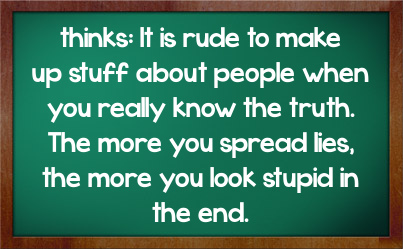 A friend of mine just went on a Facebook rant about how blog posts are often Liked, Shared, Linked, and otherwise disseminated to the public with no one actually bothering to check if what was written has any validity. Apparently he saw one too many miracle cancer cures roll by on his feed.
A friend of mine just went on a Facebook rant about how blog posts are often Liked, Shared, Linked, and otherwise disseminated to the public with no one actually bothering to check if what was written has any validity. Apparently he saw one too many miracle cancer cures roll by on his feed.
I’ve sort of spoken on this topic before. Here I talked about our culpability in spreading fake cancer cures on Facebook, and here I spoke about the idea of how the news story you click on drives it up the page. I have a weekly Stupid/Misleading Headline feature on this blog.
My friend included a link to this beautifully written and researched blog post on how to spot lies and distortions on the internet. After reading and admiring the post I didn’t want to simply reiterate the points so accurately made by David Wong.
The ways to spot fake articles listed by Wong are not particularly earth shattering. Whenever we read such a headline or story we generally realize it probably isn’t true. What harm could there be in putting in a Link? A Share? A Like? It’s just one click. Wong eloquently explains how these links, shares, and likes drive a story to more and more viewers, generating more and more hits, causing the information to gain credibility.
So, why am I writing this post? I hope to get people to spend some time thinking about their own responsibility for the plethora of false information out there. There is so much false information that it’s very easy to believe what you read and then spread the lies. When we pass along lies of this nature we are doing no one any favors. It is likely that a friend will believe us and tell someone else who will then laugh at them and correctly call them stupid. When you believe something, particularly something that seems unlikely, without bothering to do any checking of facts; you are stupid.
This problem has become so prevalent that many dishonest people are taking advantage of your clicks. They are using you for their own ends. Wong’s blog goes into great detail. As an example; magazines like Forbes now post the blogs of anyone who signs up. This is designed to drive their click rates up. Anyone can write anything and the blog link appears to go to a Forbes article. By having the Forbes name on it, the link seems legitimate, it is not.
The same goes for completely made up science articles, polls, news stories, and just about anything else you see. People simply make up something attention grabbing and sensational and then count on you to link to it.
The very nature of this fraud goes to my Libertarian philosophies of personal responsibility. Do you really want to link horoscope information? The article that proclaims your least favorite politician is DOOMED? Do you want to spread lies? Most of us would feel extremely guilty if we spread a lie about a friend but every time we Share an article we are spreading that information, if the article is a lie, we are liars.
Each time we do something like this we increase the amount of false information on the internet. This sort of thing cannot be stamped out through legislation. It is up to each of us to examine the information and Share it only if we have spent at least a few seconds confirming its veracity.
My advice is that you should avoid being stupid. Spend some time looking into that article before you share it with friends. And, of course, SHARE THIS NOW!!!
Tom Liberman
Sword and Sorcery fantasy with a Libertarian Ideology
Current Release: The Spear of the Hunt
Next Release: The Broken Throne

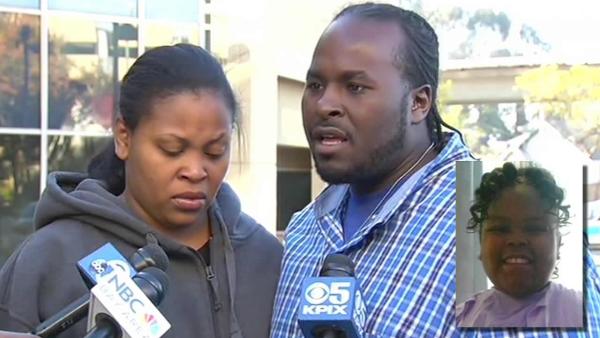
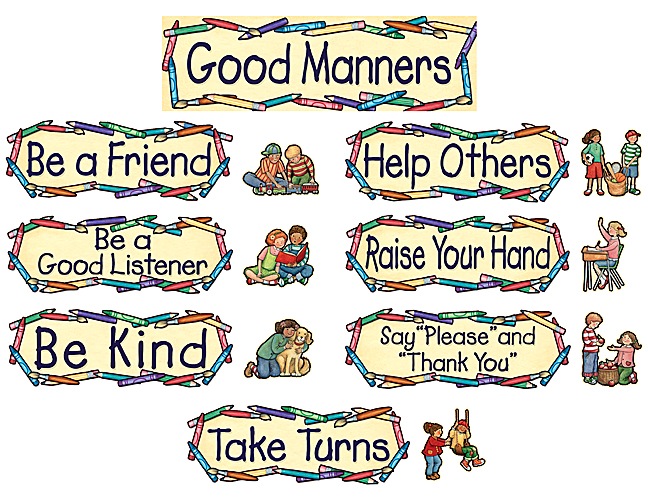
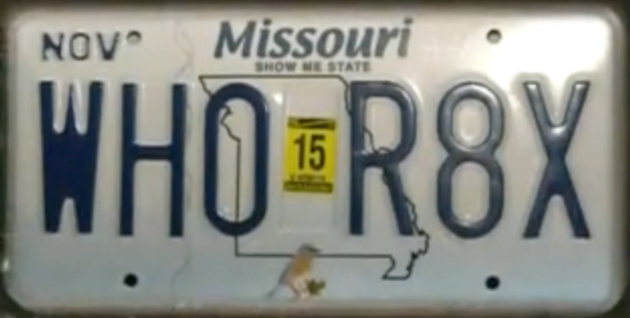
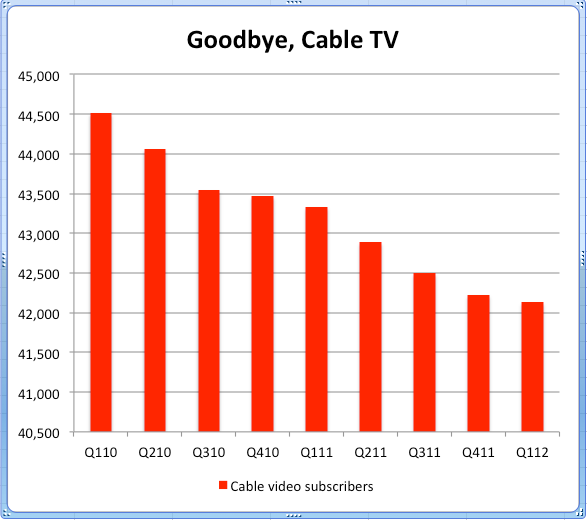






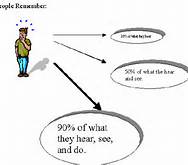
 I haven’t done a movie review in a long time so I thought I’d break the drought, sort of. My good friend Jeff invited me over watch the Rams game (darn you, Falcons) and we put on
I haven’t done a movie review in a long time so I thought I’d break the drought, sort of. My good friend Jeff invited me over watch the Rams game (darn you, Falcons) and we put on 




